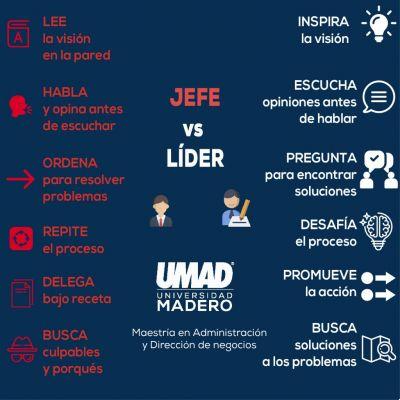Have you already achieved all the goals you considered important? The questionnaire to measure subjective well-being (SWLS) helps us to understand how happy and fulfilled we feel in the present moment. Here's how it works.

Written and verified by the psychologist GetPersonalGrowth.
Last update: 15 November 2021
The subjective well-being questionnaire (SWLS) is one of the hottest happiness meters. Created in the 80s by psychologists Ed Diener, Robert A. Emmons, Randy J. Larsen and Sharon Griffin, it is an interesting resource that can offer a reliable assessment of the level of satisfaction of adults and adolescents from any country and culture.
Confucius used to say "where there is satisfaction there is no revolution". This aphorism contains both a truth and a problem at the same time. The truth is that when we feel good and satisfied with ourselves, we don't need to look for anything else. But as we all know, it is a difficult condition to achieve. In reality, we are always obliged to initiate small or large revolutions to achieve the desired well-being.
Having a scale of values, such as that offered by the SWLS test, helps us understand, among other things, what is missing in a society. In addition, of course, to understanding which areas of our life require revision, greater commitment or maturation. We can therefore say that satisfaction, more than a state, is a continuous “work in progress". A tool like this is a good help in the area of psychological intervention and for sociological research.
"True happiness is enjoying the present, without anxiously depending on the future, not having fun with hopes or fears, but resting peacefully, like someone who wants nothing."
-Seneca-
What does it mean to be satisfied?
How can life satisfaction be defined? The question is not a simple one. Some would argue that it comes with a good job and a big bank account. Others would say that happiness is having someone close to you to love and that he loves us. Nothing is more subjective and individual than the concept of satisfaction.
Each mind is a world inhabited by needs, priorities, tastes and fears. Frederic Bartlett, an experimental psychologist at Cambridge University, used to say that our life is defined by our thoughts. Each of us lives in a heaven or a hell, and this also applies to the richest man in the world.
In evaluating this dimension, Diener, Emmons, Larsen and Griffin understood that it is necessary to start from general questions, which go beyond the material or even the emotional aspect of life. The questionnaire to measure subjective well-being (SWLS) takes into account the cognitive judgment, of what we consider subjectively important to achieve.
What is the questionnaire for measuring subjective well-being (SWLS)?
The SWLS consists of 5 sections or questions, which must be answered using a Likert scale (5 response types ranging from "strongly disagree, disagree, neutral, agree, strongly agree"). While this tool seems to be one of the shortest, don't think it's easy to compile.
Answering the questions devised by Diener, Emmons, Larsen and Griffin, first published in 1985 in the Journal of Personality Assessment, forces us to reflect on very profound aspects of our life. Sincerity is the key to the reliability of this tool. Only then will we understand which points to tackle to work on our well-being and happiness, starting exactly from our satisfaction with what we have become and what we have achieved.
The questions contained in the test
As we have said, the questionnaire for measuring subjective well-being contains five statements. They are the following:
- Most aspects of my life are the way I want them to be.
- The circumstances of my life are very positive.
- I am satisfied with my life.
- Up to now, I have achieved the things that I consider important.
- If I could live my life again, I wouldn't change a thing.
How reliable is the questionnaire to measure subjective well-being?
The Life Satisfaction Scale (SWLS) was not designed to assess aspects such as health, finances, relationships, etc. It is a tool that measures a subjective reality photographed in five questions. It is normal for doubt to arise: Does this test really allow us to find out if a person is satisfied with their present reality?
The answer is yes. Studies such as the one conducted by William Pavot, a professor at the University of Minnesota, indicate that we are facing a test with good validity, when compared to other methods. SWLS also makes it possible to assess how the degree of life satisfaction evolves during a psychotherapy course. Lo it can therefore be considered a very reliable and interesting resource in the psychological field and in research.


























